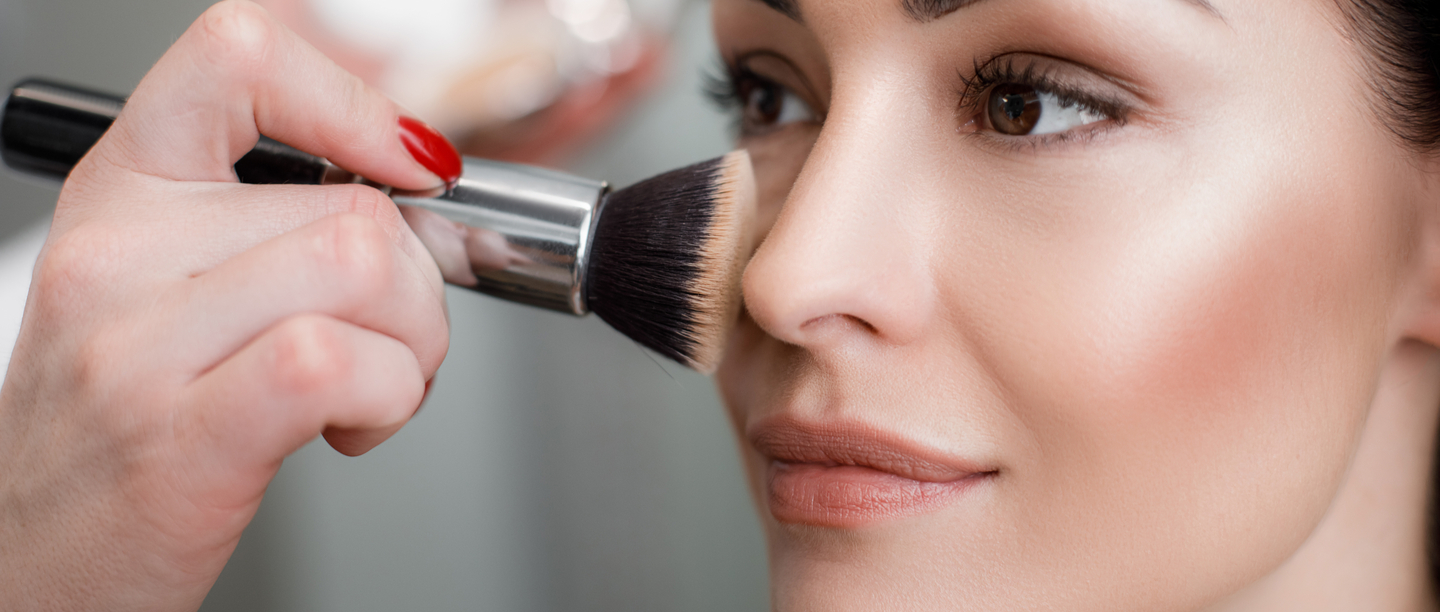If you’re a makeup enthusiast, you’ll know that after moisturising and before applying your makeup, you *need* to apply a primer. This is because a primer helps to re-texturize the skin. It smoothens the skin’s surface, evens out the skin tone and fills in the pores, wrinkles and fine lines.
However, different variants of primers exist and you shouldn’t buy one without knowing your skin type first. If your primer isn’t doing the wonderful stuff we mentioned above, then it may not be the correct one for you.
Here’s How Using The Wrong Primer Can Break Your Look
These pointers will bring you a step closer to purchasing the correct primer that works for your skin type.
1. Your Skin Looks Dry & Ashy

Shutterstock
If you have dry skin, you shouldn’t only depend on a moisturising primer to hydrate your skin. First skincare and then, makeup. You should follow a solid skincare routine and then apply your primer and later makeup. Skipping the skincare routine and directly applying the primer on dry skin will make your skin appear even drier. Dry skin could also make your foundation and concealer look chalky, patchy and cakey. For dry skin, you need a moisturising ingredient such as shea butter or vitamin E or B. You need a primer that hydrates the skin but doesn’t make you feel like you’re wearing a heavy product.
2. Your Skin Looks Oily & Greasy
Women who have acne-prone skin and oily skin please take note. Primers which are designed for dry skin will not work for you because it’s not lightweight and will clog your pores. You’ll need a primer that will give your skin a matte finish. A silicone-based primer will get rid of that greasy sheen caused by excess sebum.
3. Your Pores Are Larger In Size

Shutterstock
A good primer won’t magically shrink the size of your pores, but on the contrary, it will help blur the appearance of the pores. As it fills in the wrinkles, pores and fine lines, it’s bound to give your skin a flawless finish too. If your current primer is not helping to blur your pores, but making them more prominent, you will have to switch to a primer that focuses on blurring and smoothening.
After reading these three-pointers, we doubt you will experience a primer faux-pas ever again! To make a good beauty purchase, we recommend that you read up and watch reviews online before you shell out money on them. Also, read the packaging carefully. You’ll get more clarity on what the product is capable of doing for the skin. Whether it’s designed to target blurring of pores, reduce excess shine or moisturise the skin, it’s all usually mentioned clearly on the packaging of the product.
Featured Image: Shutterstock






